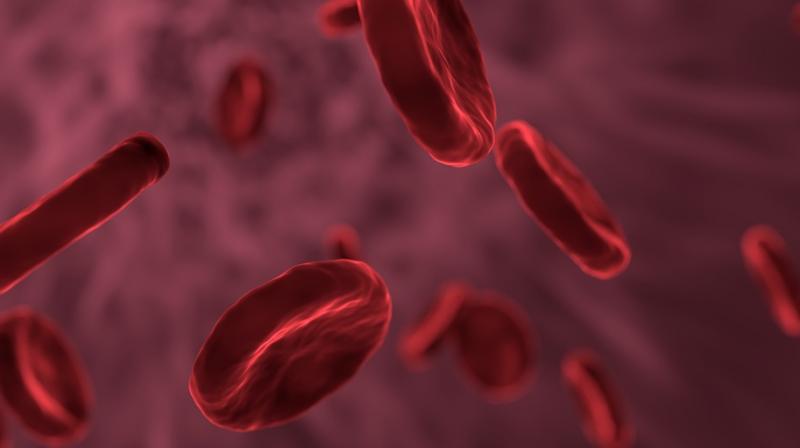Genetic mutations could impact cancer treatment, new study finds
Here is what a new study has found.

Washington: Turns out, genetic mutations in appendix cancer are distinct from those found in colon cancer and that mutations in the genes are good predictors of survival among people with appendix cancer.
To understand why some patients with appendix cancer respond to standard treatment while others do not, researchers at the University of California performed genetic profiling on appendiceal tumors to compare mutations present in both cancer types.
"For tumors that are rare like appendix cancer, obtaining molecular profiles will help identify potential treatment options since we don't have the clinical trial data to help guide treatments as we do in common tumors," said lead author John Paul Shen.
The retrospective study found that appendix cancer is comprised of five distinct subtypes- mucinous adenocarcinomas (46 percent), adenocarcinomas (30 percent), goblet cell carcinoids (12 percent), pseudomyxoma peritonei (7.7 percent) and signet ring cell carcinomas (5.2 percent).
A mutation in the gene GNAS, rare in colon cancer, was found to be quite frequent in appendix cancer, especially in mucinous adenocarcinomas (52 percent) and pseudomyxoma peritonei (72 percent). Patients with tumors harboring a GNAS mutation had a median survival of almost 10 years, while those whose tumors had a TP53 mutation had a median survival of only three years.
Understanding the molecular differences between the subtypes of appendiceal tumors is an important stepping stone for future clinical trials to develop and test different therapeutic approaches that are specific to this disease.
The findings of the study published in the Journal of JCO Precision Oncology.

